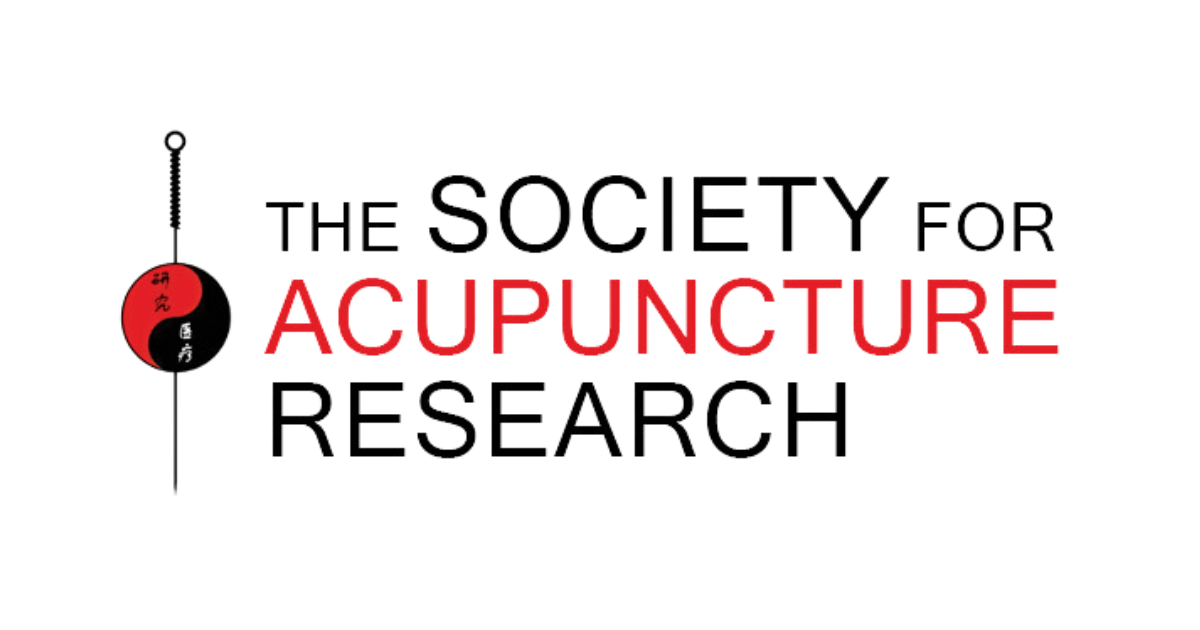2023 ConferencePOSTCONFERENCE WORKSHOPS Sunday, May 21, 2023 (8:00am - 10:00am)
Workshop #4: Transforming Acupuncture Practice and Acupuncture Research Continuum through Cultural Humility and IDEA (Inclusive Diversity, Equity, Access) Training Presenters: F. Afua Bromley, DACM, L.Ac., Dipl.Ac NCCAOM and LiMing Tseng, MAcOM, Lic.Ac., Dipl.OM (NCCAOM) Cultural humility is the lifelong learning process of self-evaluation, self-reflection, and self-assessment, with regard to one’s own identity and beliefs relative to others' beliefs and cultural identities, while taking into account historical context. Current and historical injustices that impact social determinants of health and create systemic health inequities are produced by a complex array of circumstances that result in poor health outcomes, and quality of life and are present in too many societies and significantly impact all aspects of the acupuncture profession including research. There has been a greater emphasis on training to educate students, health practitioners, administrators, and researchers on the presence of health inequality, as well as an effort to diversify every aspect of the field. However, many individuals need additional, nonjudgmental, tangible, and experiential training to gain the deeper understanding necessary to make systemic and deeply personal paradigm shifts. This interactive workshop will use case studies, group role play, and shared problem-solving to address practical issues in the IDEA (Inclusive Diversity, Equity, Access) sphere at the practitioner and institution level. Specific topics that will be addressed are cultural humility, social determinants of health, practitioner and research bias, recruitment, and retention of BIPOC researchers and practitioners. Special attention will be paid to practical strategies for increasing the participation of diverse populations in clinical research and increasing inclusivity in research design. This training will enable participants to identify issues unique to their own situation and participate in group exercises to help them begin to understand their role within this process and shape their goals accordingly.
Workshop #5: Building Consensus – Producing Core Outcome Sets for Acupuncture Trials in Women’s Health Presenters: Katherine (Kate) Levett, PhD; Lisa Taylor-Swanson, PhD, MAcOM, LAc; Belinda “Beau” Anderson, PhD, MA(Ed.), LAc; Claudia Citkovitz, PhD, LAc; Lisa Conboy, MA, MS, ScD; Kathleen Lumiere, DAOM, LAc; and Rosa Schnyer, DAOM, IFMCP, LAc Description There is considerable heterogeneity in outcomes used in trials of acupuncture, making the implementation of evidence difficult. Using a three-stage information-gathering and consensus-building process, this collaborative group proposes to create common outcome sets (COS) for acupuncture trials across key timepoints in women’s health (menstrual health/fertility, pregnancy, menopause). This proposal is the second stage and aims to facilitate the third stage, a post-workshop structured Delphi-style consensus process. Stage 1: Synthesis of literature searches to inform creation of COS for acupuncture trials (proposed SAR Symposium). Stage 2: This workshop aims to refine the list of COS using an information-gathering process. Our purpose is to foster collaboration by actively engaging researchers, clinicians, and consumers. First hour - Aim: setting the context:
Second hour - Aim: using an information-gathering process:
Stage 3: A Delphi process will occur 2-4 months after Stage 2. Attendees vote anonymously via Qualtrics link on a revised list of COS for each timepoint. The results from the three stages will inform a publication of agreed COSs which reflect important outcomes for research, clinical practice, and consumer needs for acupuncture research in women’s health. Timeliness and importance Outcomes from this research will enable the development of COS across important timepoints in women’s health. This model is highly relevant to inform future acupuncture research, previously criticized for low quality and a lack of consistent outcomes. This research team brings together international leaders in the field, with expertise in research methods and dissemination through the strategic use of peer-reviewed publications, media, and professional networks.
Workshop #6: How to Make TCM Herbal Medicine Available in a Comprehensive Cancer Center Presenters: Gary Deng, MD, PhD and Yen-Nien (Jason) Hou, PharmD, RPh, DiplOM, Lac. Many TCM herbs can help cancer patients dealing with symptoms during cancer treatment. However, they are not available in western medicine cancer centers. Most oncologists actually ask patients to refrain from the use of herbal medicine during cancer treatment, due to either concerns of safety or drug-herb interactions, or being not aware of the evidence supporting their benefits. We have initiated and established a pilot herbal medicine program at Memorial Sloan Kettering Cancer Center (MSK), a National Cancer Institute designated comprehensive cancer center. A selected collection of TCM herbal formulations is prescribed and dispensed to patients when appropriate. The formulations were selected based on available research evidence. Patients with a particular clinical problem are evaluable for potential benefit from a formulation. Their medical conditions and concurrent medications are evaluated to determine risks of the formulation in the particular patient. If potential benefits are deemed outweighing potential risks, a prescription of the herbal formulation is sent to the MSK herbal pharmacy. Communications with the patient and the patient's primary oncologist are important in setting realistic expectation and coordination of care. Once a patient starts taking the herbal medicine, s/he is reassessed periodically for side effects, response or lack thereof. Adjustment or discontinuation of the herbal formulation is carried out, depending on the patient's clinical response. In this workshop, we will demonstrate the steps taken to secure support from institutional stakeholder so that the program is approved by the institution, select the herbal formulations, describe the logistics of stocking and dispensing the herbal formulations, show usage data, and discuss tips that helped and lessons we learned. At the end of the workshop, attendees can start assessing their own practice environment to see whether a similar program can be started in their own institutions. |
